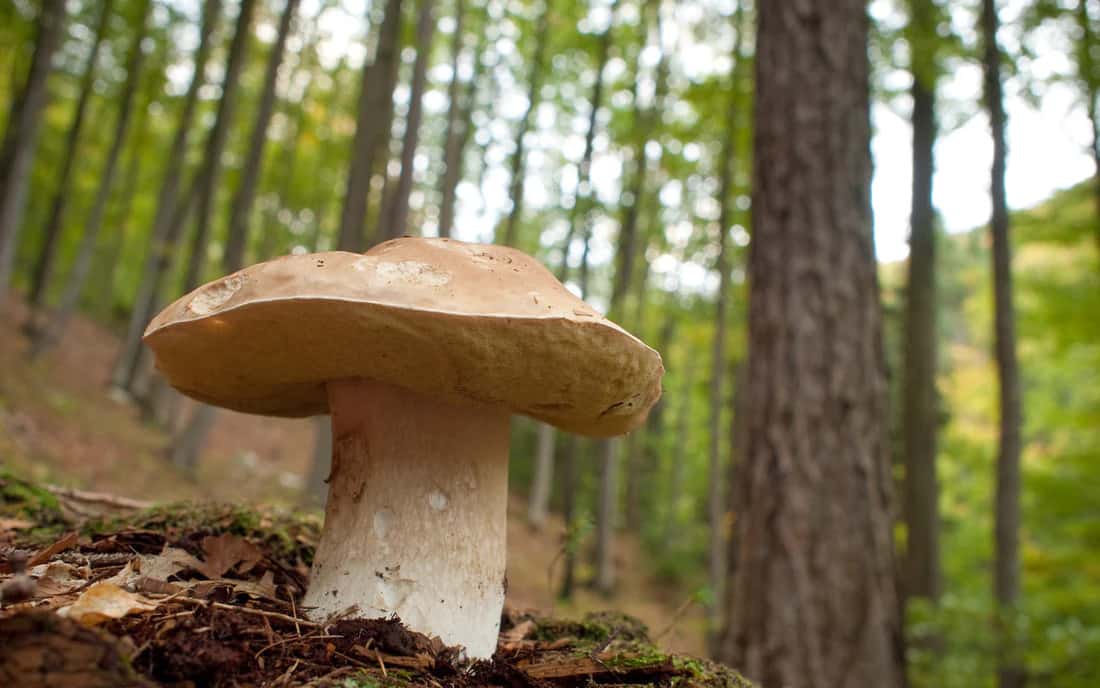Welcome to the mysterious world of mushrooms! In this blog post, we will delve into the fascinating symbiotic relationships that mushrooms form with other plants and animals. From providing vital nutrients to fostering growth, mushrooms play crucial roles in various ecosystems.
Benefits of Mushroom Supplements
If you're curious about the incredible benefits of mushroom supplements, look no further than Max GenomicTM Supplement. Enriched with the goodness of mushrooms, it offers a range of health benefits for enthusiasts of all ages.
Best Mushroom Supplements for Brain Health
Discover the power of mushrooms for brain health with Max Genomic Products. These supplements are specially designed to support cognitive function and overall brain well-being.
Best Reishi Mushroom Supplement
Explore the wonders of Reishi mushrooms with Max Genomic Products. This incredible supplement harnesses the potential of Reishi mushrooms to promote optimal health.
Mushrooms: Nature's Master Collaborators
Mushrooms are not just ordinary fungi; they are nature's master collaborators. They form unique symbiotic relationships with other living organisms, benefiting both parties in remarkable ways.
1. Mycorrhizal Partnerships
One of the most well-known symbiotic relationships is between mushrooms and plants. Mycorrhizal partnerships involve the exchange of nutrients between the two. The mushroom's mycelium network assists the plant in absorbing water and essential minerals from the soil, while the plant provides the mushroom with sugars produced through photosynthesis.
2. Decomposers and Nutrient Cyclers
Other mushrooms act as decomposers, breaking down organic matter and releasing essential nutrients back into the ecosystem. They play a critical role in the nutrient cycle, recycling nutrients and contributing to soil health.
3. Animal Partnerships
Mushrooms also collaborate with animals. Some mushrooms produce fruiting bodies that animals consume as part of their diet. In return, animals assist in spreading mushroom spores, facilitating their reproduction and growth in new locations.
4. Endophytic Relationships
Endophytic mushrooms live inside the tissues of plants without causing harm. These mutualistic relationships enhance the plant's resistance to pathogens and environmental stressors, contributing to overall plant health.
The Importance of Mushroom Symbiosis
Mushroom symbiotic relationships are essential for ecosystem balance and biodiversity. They support plant growth, improve soil fertility, and sustain various animal species. Without these fascinating collaborations, many ecosystems would not thrive as they do today.
Conclusion
As we conclude our exploration into the symbiotic relationships of mushrooms, we can marvel at the wonders of nature's intricate collaborations. From nourishing plants to supporting animal life, mushrooms play diverse roles in maintaining ecological harmony.
Unlock the potential benefits of mushroom supplements with Max GenomicTM Supplement. Discover the extraordinary power of mushrooms and embrace their symbiotic magic for a healthier and more balanced world.

